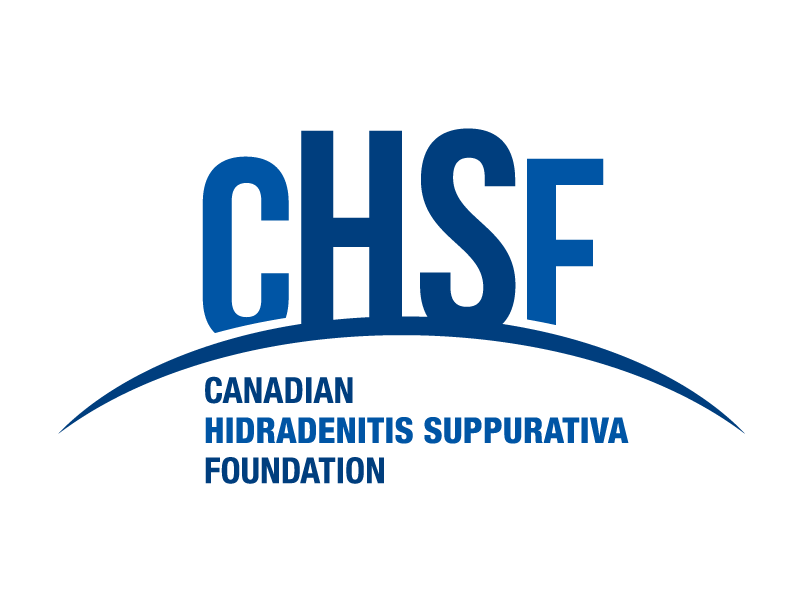Hidradenitis Suppurativa (HS) is a chronic and often painful inflammatory skin condition that affects a significant number of people worldwide. While there is no definitive cure for the disease, several management strategies can help alleviate symptoms and potentially improve the quality of life for individuals living with HS.
Among these strategies, the role of diet in managing HS has gained increasing attention from both medical professionals and patients. Dietary habits can potentially influence the severity and frequency of HS flare-ups, as certain foods can trigger or exacerbate inflammation within the body.
Given the growing awareness of the relationship between diet and HS, adopting specific dietary strategies could form an integral part of managing this condition. In this article, we will delve into the role of nutrition in HS management and explore practical dietary tips targeted at reducing inflammation and controlling symptoms. Topics covered will include adopting an anti-inflammatory diet, pinpointing unique food triggers through elimination diets, and integrating supplements that can support overall health and well-being.
Understanding the potential benefits of adhering to a tailored dietary plan for HS management is invaluable for those contending with this chronic condition. By focusing on informed food choices, holistic lifestyle adjustments, and working with healthcare professionals, patients can take proactive steps towards managing and reducing the impact of HS on their lives.
Through educating individuals about these dietary strategies, we aim to empower those living with Hidradenitis Suppurativa to take control of their health and well-being, fostering a well-rounded approach to managing their symptoms and enhancing their quality of life.

Adopting an Anti-Inflammatory Diet for HS Management
An anti-inflammatory diet aims to minimize inflammation in the body by emphasizing nutrient-dense, whole foods and minimizing processed or refined food products. Here are some key components of an anti-inflammatory diet:
1. Eat a colourful variety of fruits and vegetables: Incorporating a diverse range of fruits and vegetables into your meals provides essential nutrients and antioxidants, known for their anti-inflammatory properties.
2. Choose whole grains: Opt for whole grains like quinoa, brown rice, and whole wheat bread, which are less likely to trigger inflammation than refined grains, such as white rice or processed white bread.
3. Include healthy fats: Consume foods high in omega-3 fatty acids, such as fatty fish (salmon), walnuts, and flaxseeds, which can help mitigate inflammation within the body.
4. Limit processed foods and added sugars: Minimize your intake of sugar-laden and highly processed foods, as they can contribute to inflammation and overall poor health.
Using Elimination Diets to Identify Food Triggers
In some individuals, specific foods may exacerbate HS symptoms. Identifying and eliminating these triggers can help in managing the condition:
1. Start with a basic elimination diet: Begin by removing common inflammatory or allergenic foods (e.g., dairy, gluten, sugar, and nightshades) from your diet for a few weeks, then gradually reintroduce them one at a time, noting any changes in symptoms.
2. Keep a food diary: Track your meals and symptom flare-ups to assist in pinpointing specific food triggers.
3. Consult a registered dietitian: Working with a dietitian can be beneficial in guiding you through an elimination diet and ensuring you maintain adequate nutrient intake.

Incorporating Beneficial Supplements into Your Diet
Certain supplements may support overall health and help manage HS symptoms:
1. Vitamin D: Many individuals with HS have low vitamin D levels, and supplementation may assist in boosting immune function and reducing inflammation.
2. Omega-3 fatty acids: Fish oil supplements can be a convenient way to increase omega-3 intake, which helps mitigate inflammation and support overall health.
3. Zinc: Some studies suggest that zinc supplementation can potentially help reduce HS symptoms by aiding wound healing and regulating immune function.
4. Probiotics: Supporting a healthy gut microbiome with probiotics may help alleviate inflammation and contribute positively to overall health.
Conclusion:
Adopting tailored dietary strategies that focus on reducing inflammation and identifying individual food triggers can play a crucial role in managing Hidradenitis Suppurativa symptoms. By embracing these dietary tips and working closely with healthcare professionals, patients can take a proactive and well-rounded approach to managing their condition more effectively.
It is important to remember that there is no one-size-fits-all solution, and each individual’s journey toward managing HS through dietary changes will be unique. Nevertheless, understanding the potential benefits of a targeted dietary approach can empower those living with HS to take control of their health and well-being, ultimately enhancing their quality of life.
Visit the website of Canadian Hidradenitis Suppurativa Foundation for more information.
